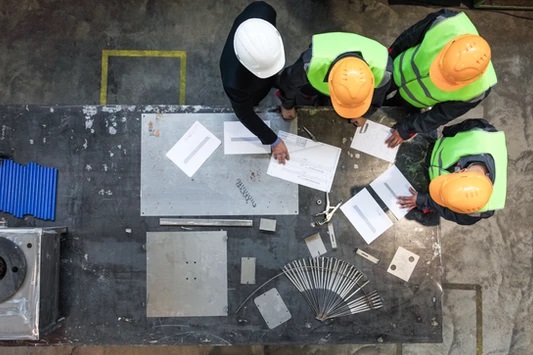 Tuesday, May 7, 2024
Tuesday, May 7, 2024  Tuesday, May 7, 2024
Tuesday, May 7, 2024 
Depending on the size of your organization, you’ll know first hand the difficulties that can arise when having to manage multiple projects. I mentioned the size of your organization because, in my career, I found that smaller contractors tend to ask their PM’s to manage multiple projects far more often than larger ones. Of course there are several variables to this, such as the size and type of project and it’s duration, but for the most part this holds true. Why is that?
Simple. It’s because larger contractors typically tend to place even more emphasis on delivering a project on time and within budget, ultimately asking their PM’s to report and track project costs and labour in much greater detail. Now this of course costs quite a bit more in terms of overhead to facilitate, so then they typically hire Project Coordinators and delegate a lot of the tedious tracking and manual entry work to them. Once the machine gets rolling, PM’s are typically phased from one project to the next, and even might find they have the time to take on more projects as long as they are supported by more PC’s.
Smaller contractors typically don’t have this luxury. They often don’t have the budget and staff needed to accommodate the overhead requirements of a detailed project cost and budget tracking system, so they typically sacrifice that aspect entirely. Those of you who have only been on the larger contractor side of things might think this is crazy. Certainly in today’s day and age of technology it definitely is (I’ll get to why later on), but some still argue that it makes sense, and I can definitely relate based off of my first-hand experience working as a PM.
By shifting to a basic budget and cost tracking system, smaller contractors typically free up more time for their PM’s to take on and manage more projects at once. This typically increases the overall revenue of the company, which is only a good thing if all the projects are managed effectively and turn a profit. In some cases this can be very effective and profitable, especially if the work that they tend to complete is repeatable, allowing their workers to become more efficient. So why then do most large contractors try to avoid having their PM’s manage multiple projects?
Keep reading this blog on OnTraccr.com